Faiz Ahmad Faiz’s iconic poem ‘Hum Dekhenge’ that was recited during a protest at IIT Kanpur has been under scrutiny for allegedly provoking anti-Hindu sentiments.

While an investigating committee has been set up to decide whether the poem hurt sentiments or not, here is everything you need to know about the revolutionary poet Faiz Ahmad Faiz.
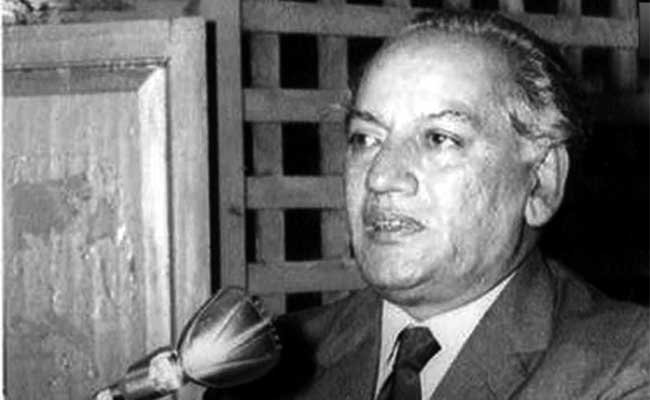
He was born in Punjab on 13th February 1911 into an academic family that was well known in literary circles.
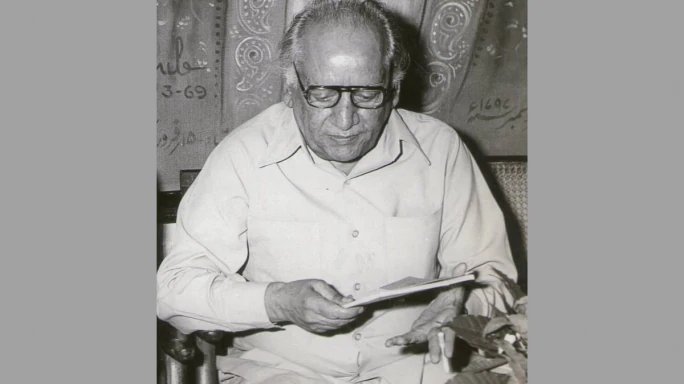
During his childhood, Faiz was sent to an Islamic school for a brief period but later, his father enrolled him in the Scotch Mission School because he wanted his son to follow the footsteps of the great Indian Muslim educationist Sir Syed Ahmad Khan.
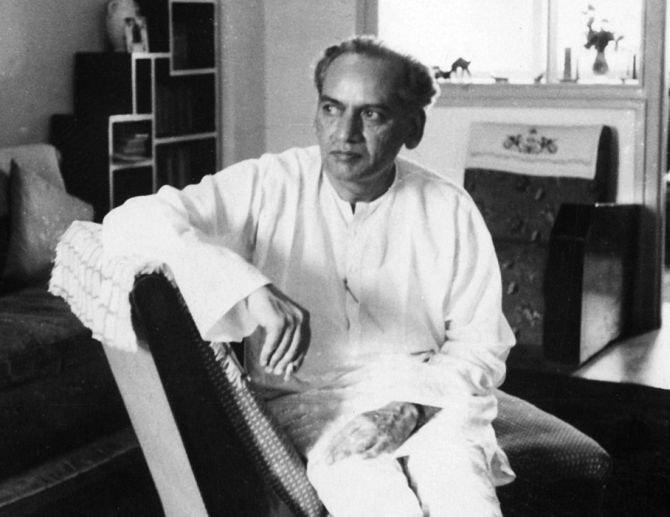
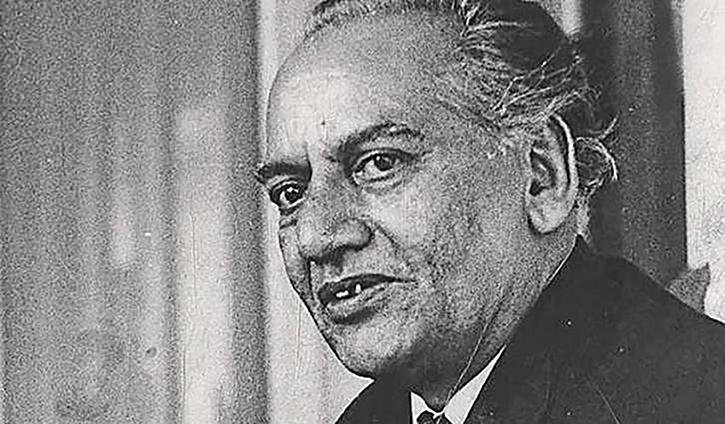
In 1930, he joined the post-graduate programme of the GCU, obtaining MA in English literature in 1932.
In the same year, he obtained a master’s degree in Arabic from Punjab University’s Oriental College.
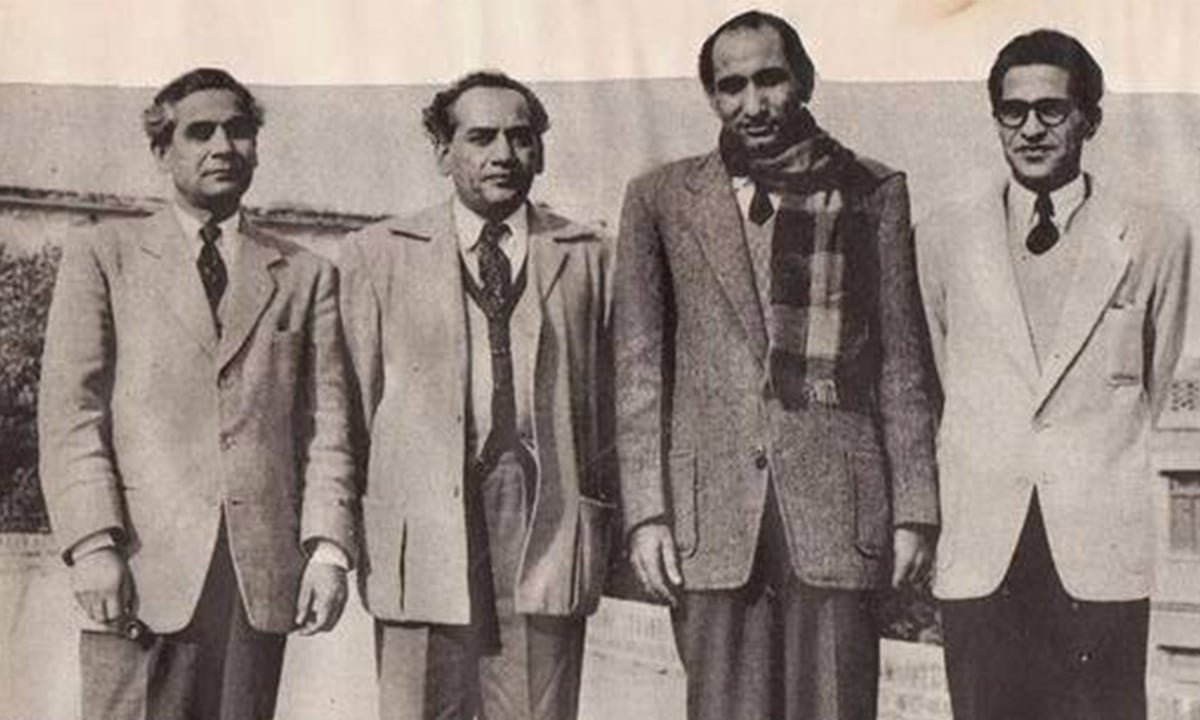
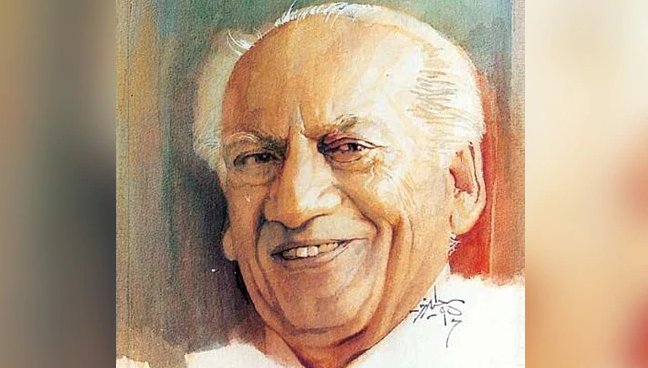
He went on to publish eight books during his lifetime for which he received many accolades including the Lenin Peace Prize.
It was during this time that his popularity reached neighbouring India and Soviet Union.
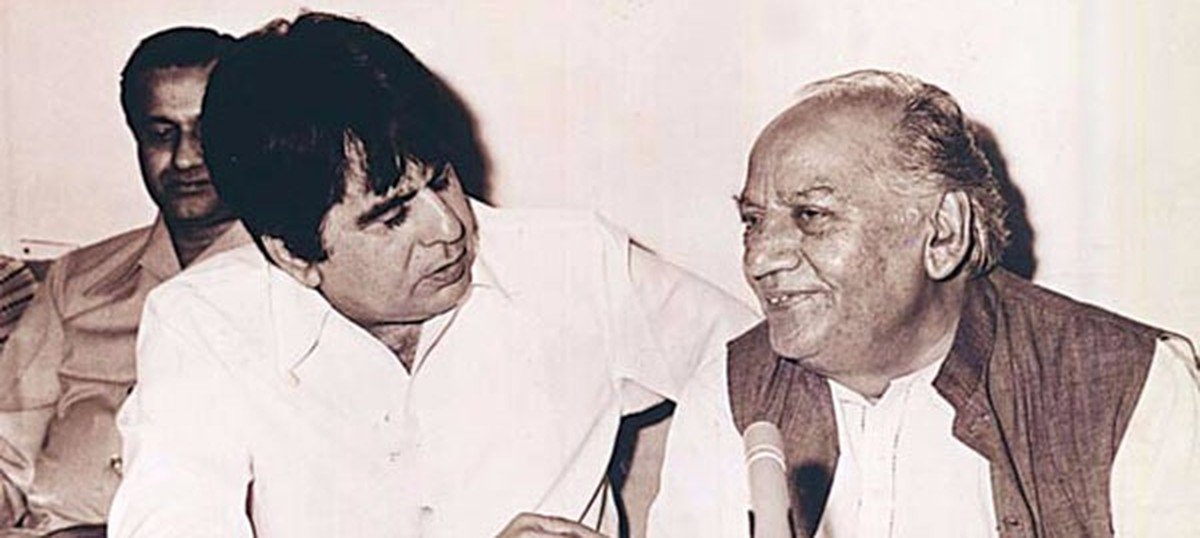
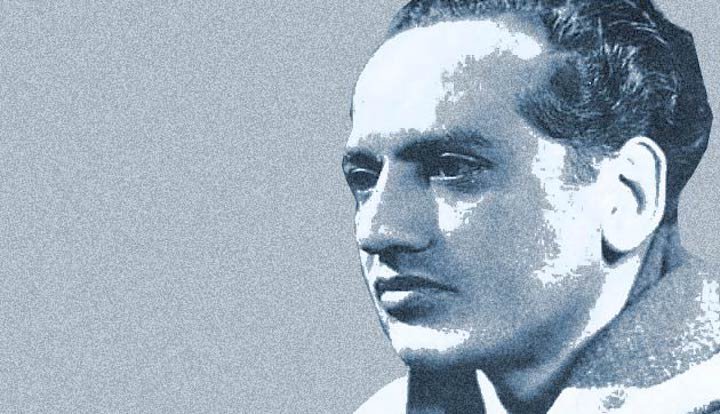
Even during his time as an editor of the Pakistan Times in the 1950s he lent his editorial support to the Communist Party of Pakistan.
He was also involved in lending support to military personnels like Major General Akbar Khan which ultimately led to his imprisonment.
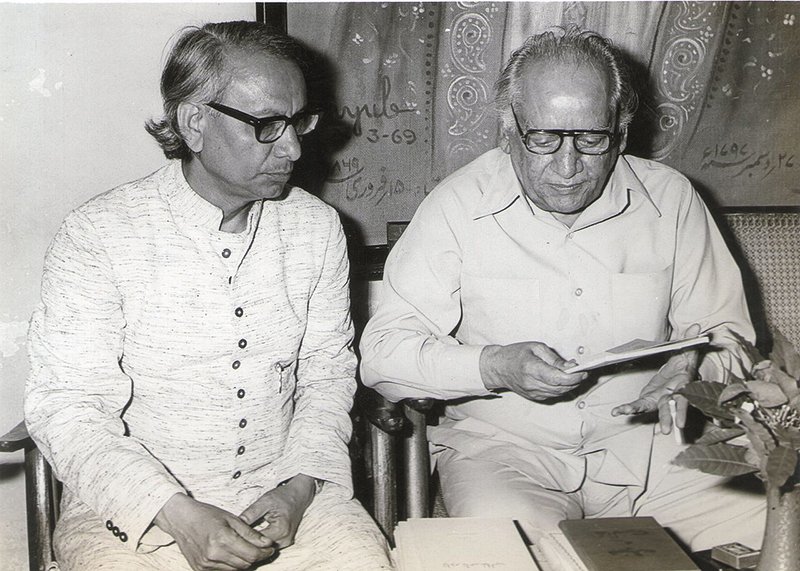
At that time, PM Liaquat Ali Khan’s government failure to capture Indian-administered Kashmir had frustrated the military leaders of the Pakistan Armed Forces in 1948, including Jinnah.
So, the PM imposed extreme restrictions and applied tremendous pressure on the Communist Party to ensure it was not properly allowed to function openly as a political party.
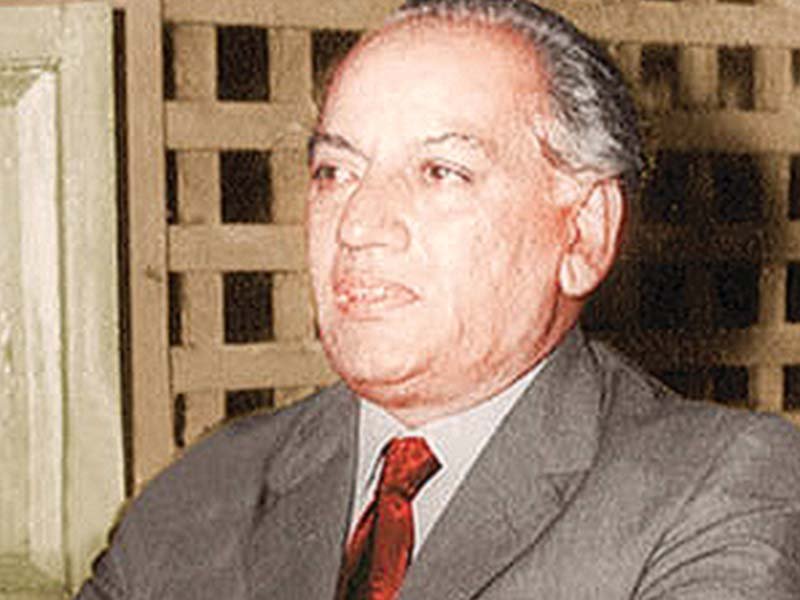
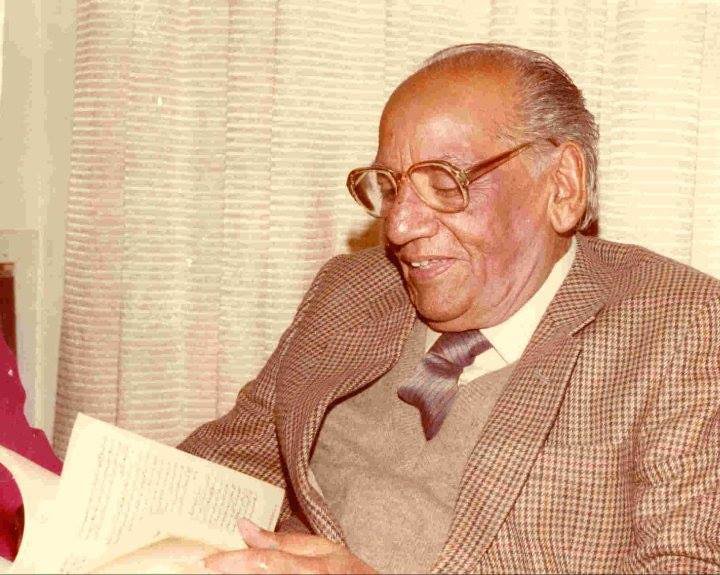
In 1960, he was sent to Moscow, Union of Soviet Socialist Republics after which he later settled in London, United Kingdom.
He came back to Pakistan in 1964 and settled down in Karachi where he was appointed Rector of Abdullah Haroon College. But, he was monitored constantly by Military Police.
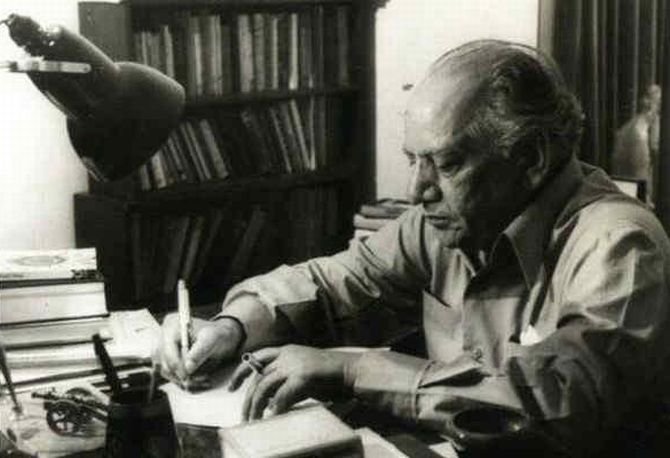
He left Pakistan after Bhutto’s execution had taken place in 1979. He took asylum in Beirut, Lebanon, but returned to Pakistan in poor health during the Lebanon War in 1982.
Faiz died in 1984 in Lahore, shortly after hearing that he had received a nomination for the Nobel Prize for Literature.

















